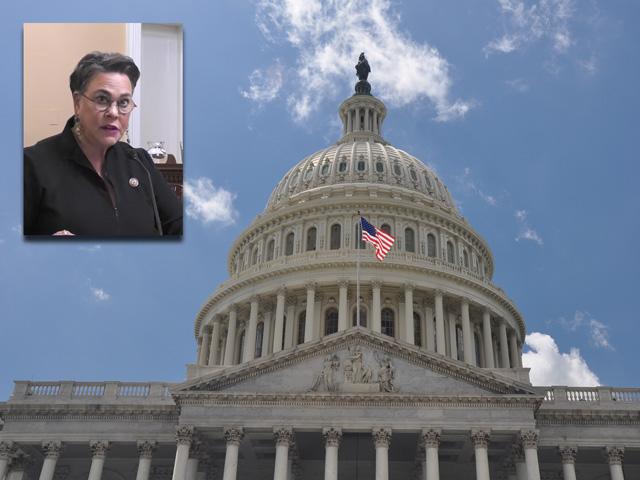Tech Leads US Stocks Lower Early
NEW YORK (AP) -- Stocks are off to a weak start on Wall Street as markets cool down following their biggest weekly gain since the summer. Technology stocks, which helped lead the market higher last week, were lower in the early going Monday. The S&P 500 was off 0.4% in the first few minutes of trading and the tech-heavy Nasdaq was down 1%. The Dow Jones Industrial Average was little changed. Crytpo-related stocks remained unstable following the implosion last week of FTX, a major crypto trading exchange. Coinbase, another crypto exchange platform, was off 6%. Treasury yields were higher and crude oil prices fell.
THIS IS A BREAKING NEWS UPDATE. AP's earlier story follows below.
U.S. stock futures drifted lower Monday following a volatile week on Wall Street as a massive crypto scandal and hints of easing inflation tugged markets in opposite directions.
Coming off its best week since summer, futures for the S&P edged 0.3% lower Monday, while the Dow slipped 0.2%.
Encouraging data on inflation buoyed hopes that the Federal Reserve would ease off an aggressive series of rate hikes, intended to cool the nation's red-hot economy, that have driven borrowing costs rapidly higher.
"It is far too hasty to declare a decisive conclusion to inflation risks," said Venkateswaran Lavanya of Mizuho Bank in a report.
P[L1] D[0x0] M[300x250] OOP[F] ADUNIT[] T[]
On Tuesday, the government issues its October report on prices at the wholesale level, which analysts forecast to have retreated slightly to 8.3% year-over-year from September's 8.5%. Wednesday's retail sales report will give investors some reading on how the American consumer is reacting to persistent, four-decade high inflation.
Economists expect the Fed to raise its benchmark lending rate in December, but by only a half a percentage point following four hikes of 0.75 percentage points, three times the usual margin.
The Fed's key rate stands at a range of 3.75% to 4%, up from close to zero in March. Traders expect more increases next year but hope those might be smaller following signs of easing inflation.
Potentially casting a pall over sentiment on Wall Street is political uncertainty. Republicans are still favored to take control of the despite a remarkably weak showing in midterm elections, while the Democrats maintained control of the Senate, potentially strengthening their hold.
"Policy paralysis at a time of economic crisis is not a good look," said Bennett in a report. "The current stock rally may have only days to run."
In Asia, the Nikkei 225 in Tokyo tumbled 1.1% to 27,963.47 while the Hang Seng in Hong Kong advanced 1.7% to 17,619.71.
Shanghai Composite Index lost 0.1% to 3,083.40 as relief at the government's decision to try to reduce the economic cost of its severe "Zero COVID" strategy competed with unease over a rise in coronavirus cases in Beijing and the southern metropolis of Giuangzhou.
The government on Friday said the quarantine for travelers arriving in China will be reduced and other restrictions made more focused. That came even as authorities in areas across the country are suspending access to neighborhoods in response to outbreaks.
The Kospi in Seoul sank 0.3% to 2,474.65 and Sydney's S&P-ASX 200 shed 0.2% to 7,146.30.
India's Sensex edged down less than 0.1% to 61,760.42. New Zealand, Bangkok and Jakarta declined while Singapore gained.
At midday in Europe, the DAX in Frankfurt advanced 0.5%, while the FTSE 100 in London and the CAC 40 in Paris each added 0.4%
In energy trading, benchmark U.S. crude lost lost $1.06 to $87.90 per barrel in electronic trading on the New York Mercantile Exchange. Brent crude, the price basis for international oil trading, fell 96 cents to $95.03 per barrel in London.
In currency trading, the U.S. dollar rose to 140.38 yen from Friday's 138.76 yen. The euro declined to $1.0288 from $1.0356.
The cryptocurrency sector, which took a beating last week after the collapse of trading platform FTX, has stabilized somewhat. Bitcoin dipped under $16,000 overnight before recovering to $16,800 in the morning.
On Friday, the S&P 500 rose 5.5% in its biggest one-day gain in two years. It ended 5.9% higher for the week, its biggest in five months.
The Dow rose 0.1% and the Nasdaq composite climbed 1.9%.



